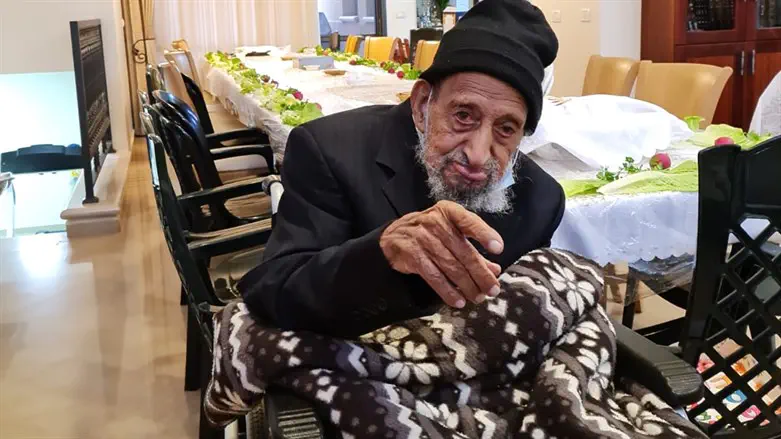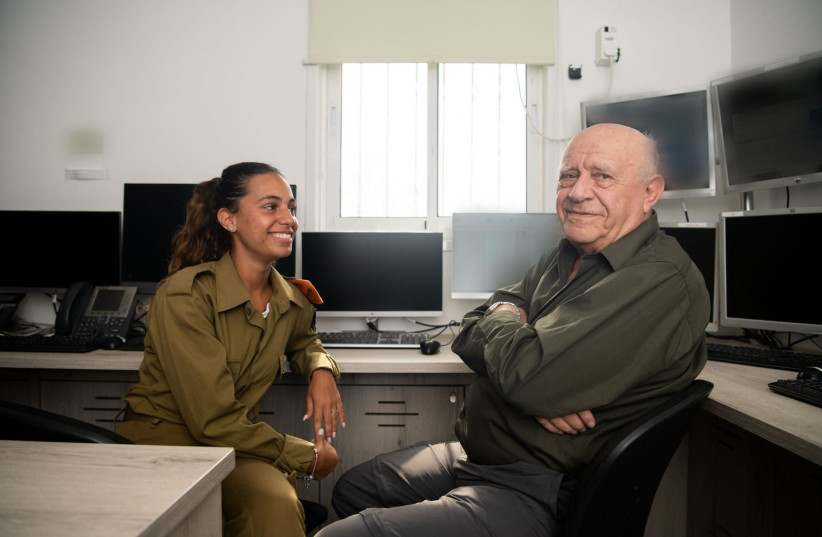rylah
Gold Member
- Jun 10, 2015
- 21,756
- 4,666
- 290
The elder of the Yemenite community passes away at 106 after the Passover Seder.
Rabbi Yosef Gamliel Z"L from Ashkelon, merited to see his 6th generation.


 www.inn.co.il
www.inn.co.il
Rabbi Yosef Gamliel Z"L from Ashkelon, merited to see his 6th generation.


זקן העדה התימנית נפטר בגיל 106 אחרי ליל הסדר
מבזק חדשות בזמן אמת - זקן העדה התימנית נפטר בגיל 106 אחרי ליל הסדר - ערוץ 7 מבזקים מסביב לשעון מחכים לכם באתר









